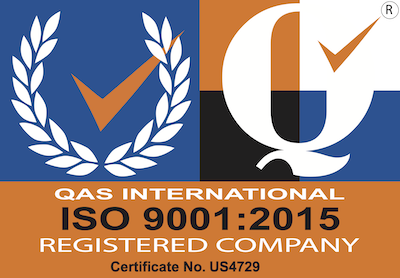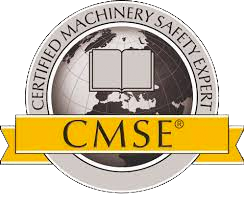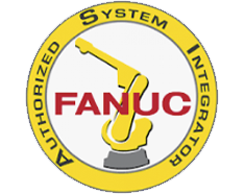Companies that make home appliances, often known as "white goods," are going through a profound shake-up. Long-established firms with commanding leads in the market are being challenged by Asian companies. Small and medium-sized brands in the United States and Europe that don't aggressively invest in automation technology may soon find themselves left in the dust.
To be competitive, home appliance makers need to partner with companies that specialize in providing automation solutions. In this article, we'll take a look at some of the factors impelling the adoption of automated manufacturing in the home appliance industry, and what some of the automation technologies include. And we'll examine Tri-Mation Industries, an automation provider.
The rise of the Internet of Things (IoT) has revolutionized the home appliances market. In the past, US manufacturers of white goods relied on a tried-and-true formula that could be described as: design to last forever, produce at scale, and leave the selling to retail outlets. That formula is being challenged by innovative Asian challengers who have quickly risen to dominate the home appliance market with IoT features.
New home appliance features appeal to consumers - like having your clothes dryer send you a text when it's done, or ovens that store hundreds of recipes and can suggest ones based on the ingredients you have on hand. And it knows what foodstuffs you have because the refrigerator is connected, too, and it keeps track.
Suddenly, the relatively slow-moving world of white goods has been catapulted into the future.
And the Asian competitors have heavily invested in robotics and automated assembly. After all, home appliance manufacturing has high-volume and lots of repetitive operations, from inserting screws, to soldering of small tubes, to putting together sub-assemblies. Robots do such things very well, usually faster, more accurately and repeatably, and much less expensively than manual operations.
YouTube features videos of one Chinese home appliance smart factory that has four production lines with 17 robots on each line. On average, a product rolls off the assembly line once every 6.7 seconds. The factory has an annual production capacity of 11 million home appliance units. The production line appears to be totally automated.
As a result, whereas profit margins for most home appliance makers were quite good for many years, now many of these companies are feeling the pinch. If American manufacturers are going to be able to keep up, they simply must step up to the plate and invest in automation.
For most manufacturers, they do not have the expertise to implement automation systems on their own, unless they partner with another company that specializes in automation. Tri-Mation Industries, located in southwest Michigan, was founded in 1995. With over twenty five years of experience in providing automation solutions, Tri-Mation has the depth of experience and expertise to act as a trusted advisor. They will not only procure the parts and build the systems, but they can also help define and choose the best automation solution for an application.
Not every manufacturing operation requires a six-axis articulated robot arm so often seen in automation videos. For example, rotary dial machines are highly cost effective and compact. Small assemblies (think less than a six-inch cube) work well with this kind of automation, and can produce sixty to eighty units per minute. Home appliances have many such small modules. One of Tri-Mation's core competencies is to design and build custom rotary dial automation machines.
Vision inspection systems have become far more sophisticated in just the last few years. High-resolution imaging makes visual inspection accurate and fast. Tri-mation is well familiar with such inspection systems and can provide customized solutions for home appliance manufacturers. Quality is enhanced when inspection can be fast and highly automated at every stage of the production process.
In automobile assembly, the interior of the car is notoriously difficult because of the confined space and awkward angles. Home appliances have many operations that are similarly challenging. Six axis articulated robot arms are ideally suited for reaching into cumbersome spaces and shapes. Such operations are often hazardous for people because of the risk of strains and repetitive motion injuries. The integration of robot arms with other pieces of equipment into a synergistic automation solution is one of Tri-Mation's specialties.
Tri-Mation knows how to design and build flexible automation processes that allow for quick reconfiguration. The same system can be used to produce different assemblies, making ROI much quicker.
In a highly competitive world marketplace, home appliance manufacturers face an existential crisis - jump into the new world of automated assembly, or risk becoming hopelessly obsolete. Fortunately, the right automation partner can make the transformation relatively quick and easy.
If you're considering automating a production process, reach out to a friendly and experienced sales engineer from Tri-Mation and start the conversation.



